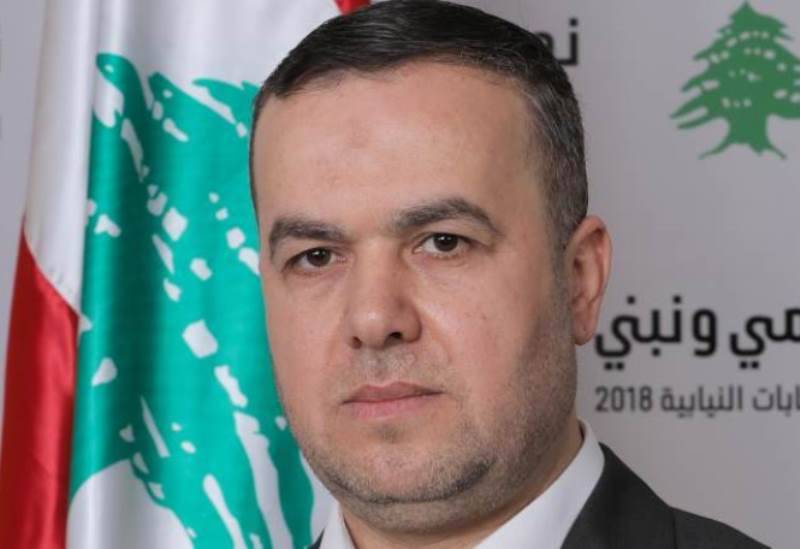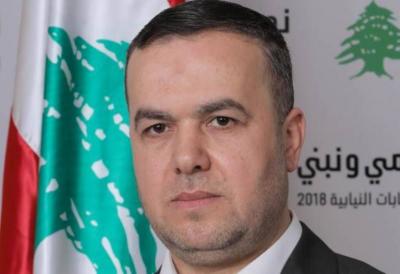Member of the "Loyalty to the Resistance" bloc, MP Hassan Fadlallah, stated that the patriarch views internationalization as a solution for Lebanon's problems, while they see this proposal as complicating the issue. He asserted that the United States is the primary influencer at the United Nations and views matters solely through the lens of Israeli interests.
In statements made on the LBC channel, Fadlallah emphasized Lebanon's diversity and the right of all voices to be heard while respecting differing opinions. He acknowledged the patriarch’s viewpoints but noted that his assessment of the current crisis and its solutions differs from that of Hezbollah. He highlighted the dangers of internationalization, referencing the situations in Libya, Iraq, and Syria, questioning whether it protected Christians there.
Fadlallah remarked that the patriarch represents a perspective among a group of individuals, whereas a significant portion of the Lebanese population does not support international oversight of Lebanon. He emphasized that no single opinion can represent the entire Lebanese populace and that various entities and coalitions hold authority, all deserving respect.
He further clarified the distinction between internationalization and requesting assistance, emphasizing that genuine support does not equate to foreign domination. He criticized the scenes witnessed at Bkerke, which aimed insults at a broad segment of the Lebanese people and attacked the President without the expected response from the patriarch. Fadlallah described the use of insults as indicative of weakness and called for a discourse that genuinely represents all Lebanese factions.
Fadlallah denounced any attempts to undermine President Michel Aoun and the Free Patriotic Movement (FPM), asserting that such tactics were not grounded in reality and were linked to grievances stemming from historic political errors. He reiterated the importance of dialogue and national consensus rather than alienation or foreign intervention, while confirming ongoing communications with Bkerke despite recent disagreements.
He is optimistic about the potential for future meetings amid the ongoing political challenges in Lebanon, suggesting that providing valuable, constructive dialogue is essential during a time when external interests are preoccupied with their agendas.




